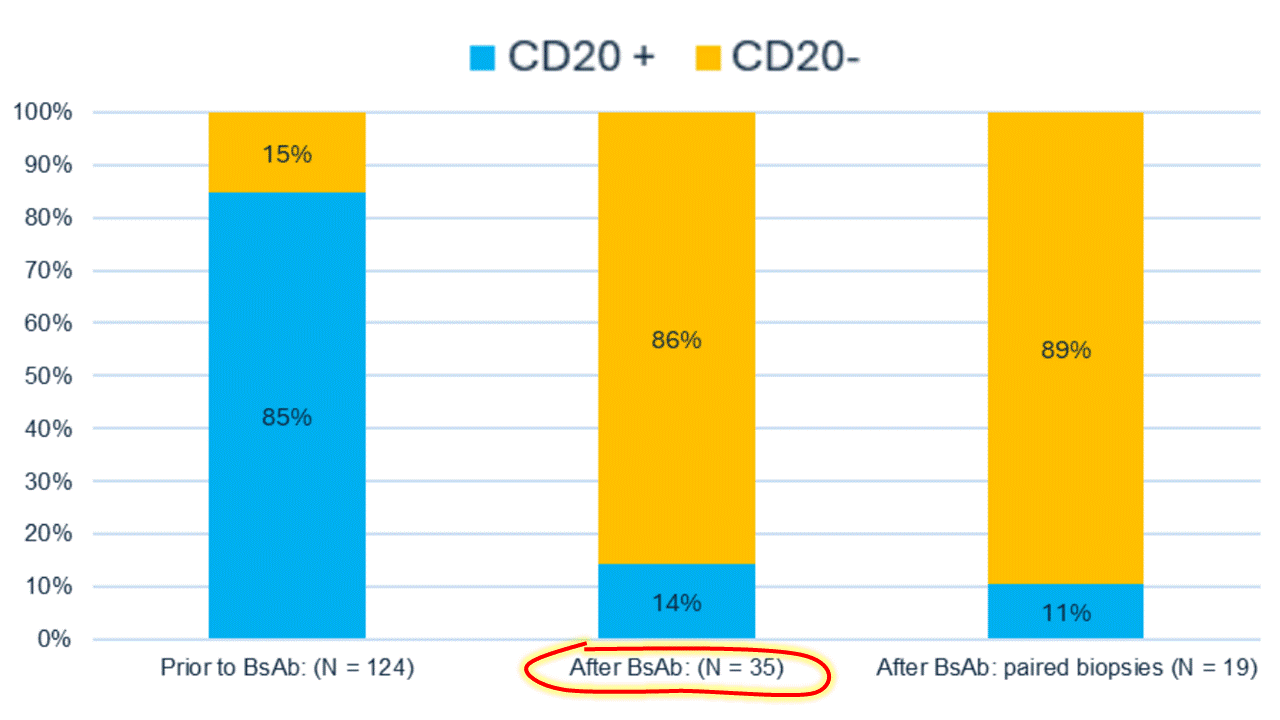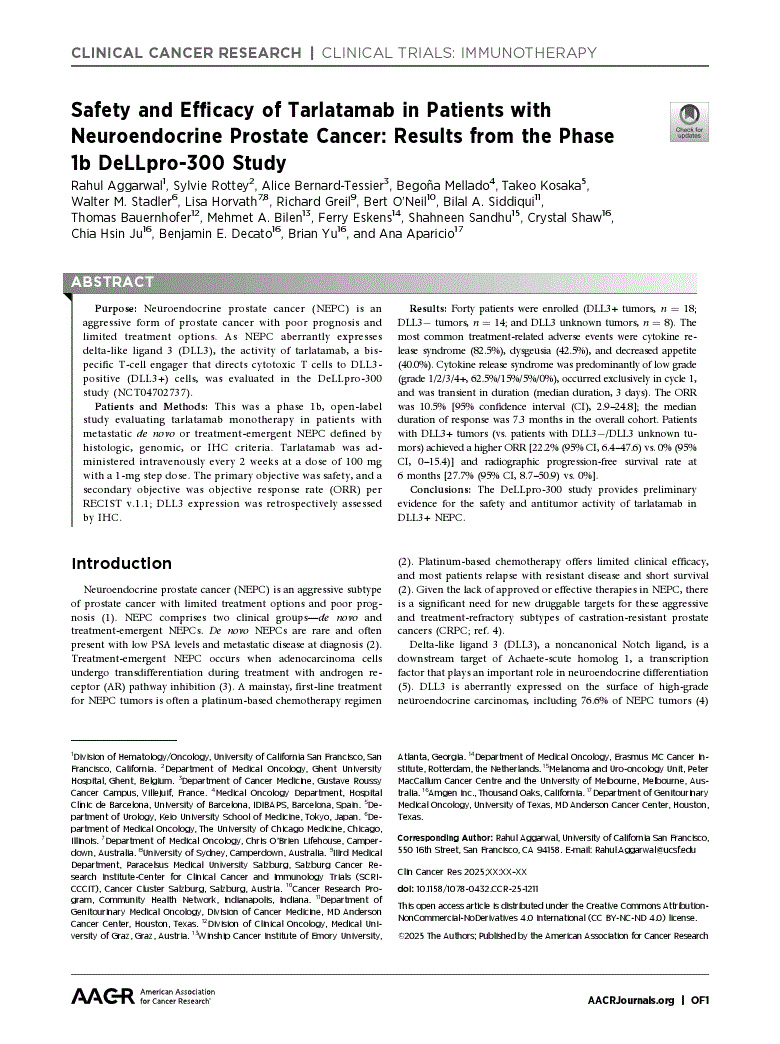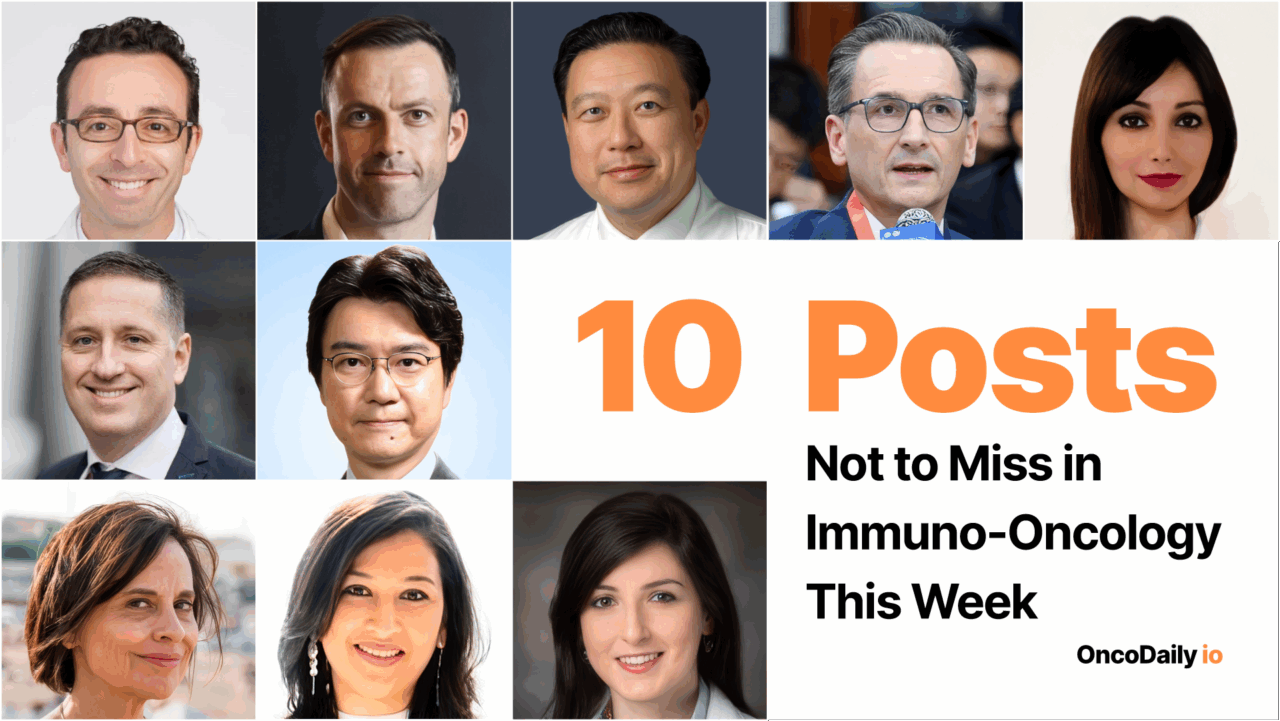
10 Must-Read Posts in Immuno-Oncology This Week
At OncoDaily Immuno-Oncology, we bring you this week’s most impactful voices in cancer immunotherapy — from breakthrough bispecific antibody data and novel IL15R signaling strategies, to landmark trial funding and expert perspectives shaping the future of IO. This curated roundup delivers the science, strategy, and stories driving innovation across the field.
This Week’s Expert Highlights in Immuno-Oncology
Joshua Brody (Associate Professor, Division of Hematology and Oncology at Icahn School of Medicine at Mount Sinai):
“Important work by Drs. Brooks and Hill Cleveland Clinic w docs Mount Sinai NYC and others, reporting awesome efficacy ofbispecific antibody immunotherapy, but ALSO the somewhat scary antigen escape in >80% of relapsing patients.”
You Can Read All Article Here
Nicholas Huntington (Co-founder and CSO at Audax Bio):
“We’re just starting to get a handle on how to modify IL15R signaling to promote cytotoxic anti-tumour lymphocyte activity in both haematological and solid tumours . IL15R signalling on CD8 T cells/TPEX is essential for neo-antigen TPEX expansion/differentiation and tumour regression. Some super clever pharma/biotech will crack this pathway in the future….. For now, we have ImmunityBio, Inc. FDA-approval of IL15R agonist on NMIBC (Congrats Dr. Patrick Soon-Shiong et al). This is a big deal but just the beginning….
Audax BiosciencesNicholas HuntingtonMonash UniversityKaty RezvaniMD Anderson Cancer CenterHind Rafei,NantWorks”
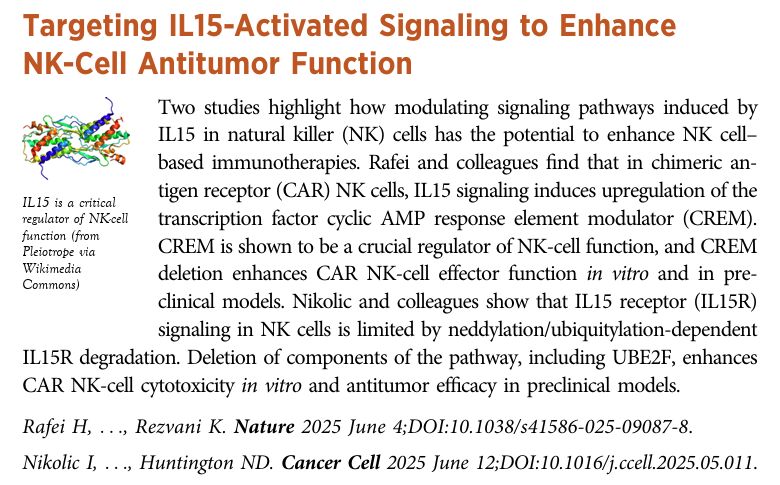
Elisabetta Bonzano (Medical Director and Radiation Oncologist at IRCCS San Matteo Polyclinic Foundation):
“ESMO-ESTRO framework for assessing the interactions and safety of combining radiotherapy with targeted cancer therapies or immunotherapy a comprehensive framework for assessing the interactions and safety of combining RT with modern systemic therapies“
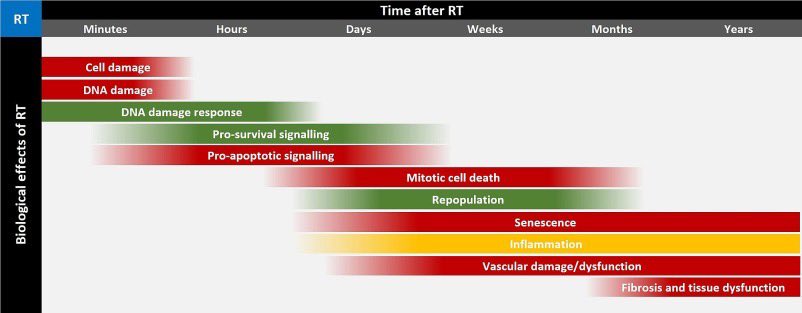
Get the Full Insight Here
Stephen V Liu (Director of Thoracic Oncology, Chief, Division of Hematology and Oncology, and Associate Professor at Georgetown Lombardi Comprehensive Cancer Center):
“First visit to Hangzhou – thanks to Dr. Jianzhen Shan for the invitation to speak about the evolution and future of immunotherapy for lung cancer. Great to see friends Jie Wang, Ziming Li, Shengxiang Ren, Zhibing Wu.”
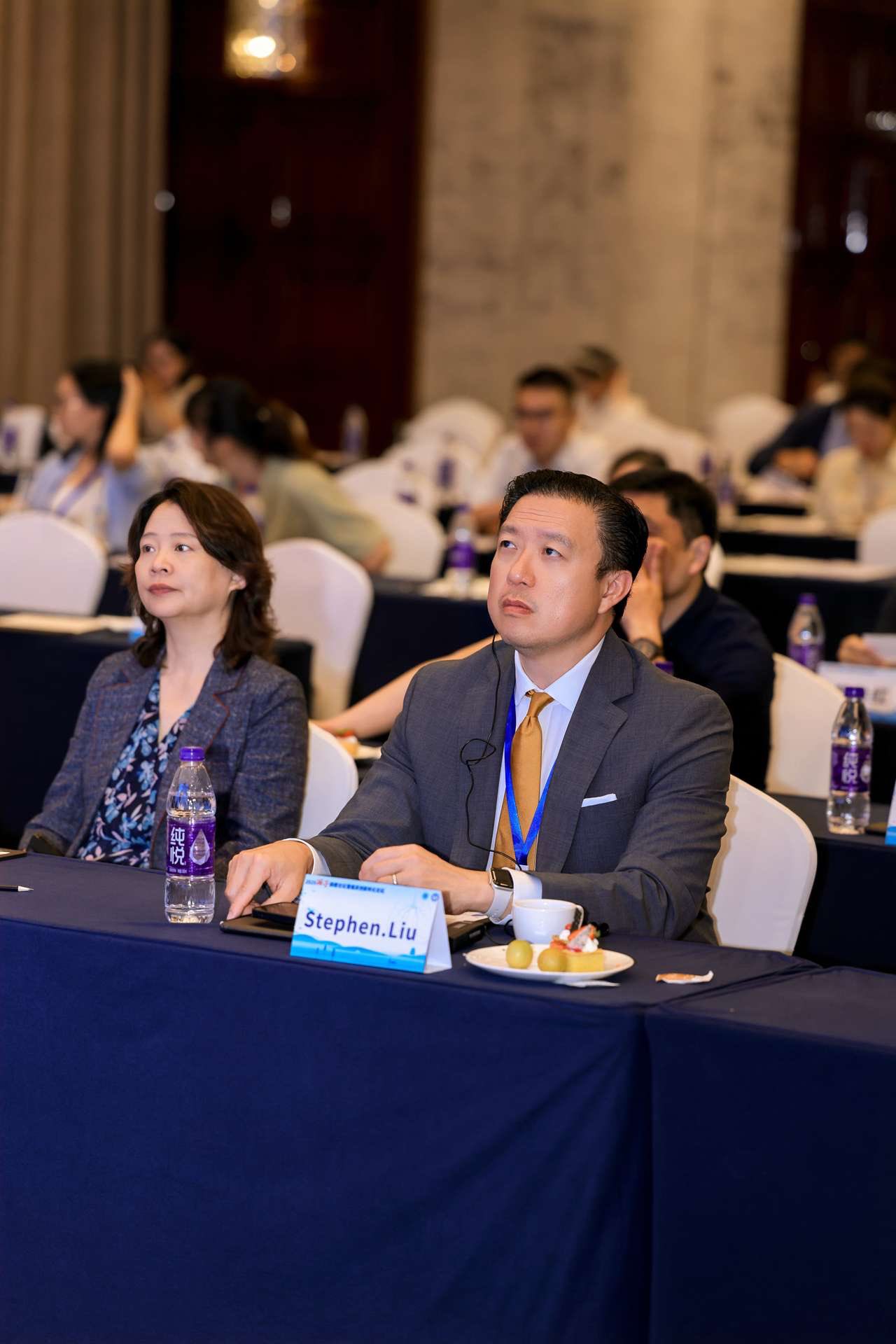
May Daher (Physician scientist at MD Anderson Cancer Center):
“It was a pleasure writing this preview with Katy Rezvani in Cell highlighting this first-in-human trial showing the promise of iPSC-derived CAR-NK cells for autoimmune disease! The future is bright! “
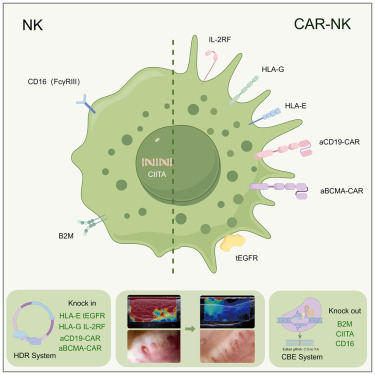
Begoña Mellado González (Senior Consultant and Head of Genitourinary Cancer, Department of Medical Oncology, Hospital Clínic of Barcelona):
“Trabajando para mejorar el tratamiento del cáncer de próstata agresivo . Acabamos de publicar los resultados del ensayo clínico DeLLpro-300, que proporciona evidencia preliminar de la seguridad y la actividad antitumoral de tarlatamab en cáncer de próstata neuroendocrino con expresión de DLL3+.
Tarlatamab es un activador de linfocitos T biespecífico (BiTE®) que dirige los linfocitos T citotóxicos a las células DLL3-positivas (DLL3+). Hemos tenido el privilegio de poder ofrecer este tratamiento experimental a pacientes del Hospital Clínic de Barcelona y contribuir al desarrollo de nuevas estrategias las formas agresivas del cáncer de próstata. ”
You Can Read All Article Here
Igor Tsaur (Director and Chairman, Department of Urology at University Hospital Tübingen):
“Today marks an emotional milestone for me – and for penile cancer research in Germany. After years of persistence, the funding is finally secured for two landmark studies, both our IITs, that have the potential to change the treatment landscape for this rare and challenging disease.
My heartfelt thanks go to everyone who has worked tirelessly to make this possible – colleagues, partners, funders, and all those who believed in the vision from the very beginning.
This is more than just the start of two trials; it is the beginning of a long-overdue breakthrough for penile cancer research in our country.
DEPECA-1 – DEfeating PEnile CAncer 1: A Phase II study to evaluate a first-line systemic therapy with antibody-drug conjugate enfortumab vedotin plus avelumab for advanced and metastatic penile carcinoma (supported by Merck and Astellas, IKF as sponsor and conductor)
DEPECA-2 – Robot-assisted vs. open inguinal lymphadenectomy for penile cancer – a prospective randomized trial with a supporting translational program (funded by the NCT, IKF as conductor)”
Arndt Vogel (Head of the Visceral Oncology Center, Head of the Center for Personalized Medicine, MHH, and Senior Consultant of the Department of Gastroenterology, Hepatology and Endocrinology at Hannover Medical School):
“Autoantibody profiling to predict response to the anti-PD-1 therapy, pembrolizumab, in rare tumors
- patients with rare tumors have higher levels of AAbs
- Several AAbs associated with CB, TTP, and OS“
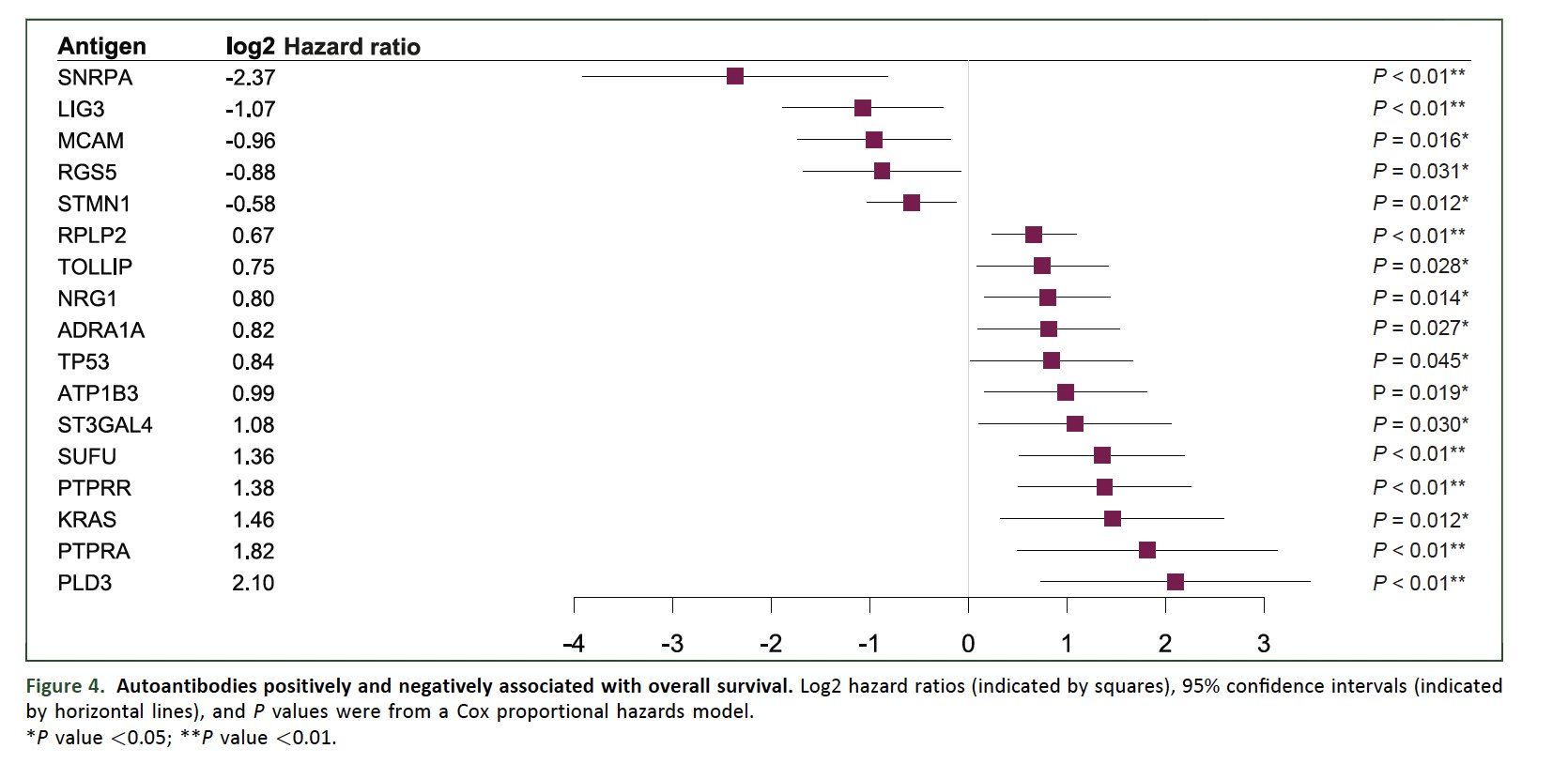
You Can Read All Article Here
Hidehito HORINOUCHI (Assistant Chief of the National Cancer Center Hospital):
“World Conference on Lung Cancer, Lung Cancer Screening and Management Presidential
- NADIM ADJUVANT
- Adjuvant Chemotherapy vs CT-immunotherapy for R0 Stage IB-IIIA NSCLC Patients“
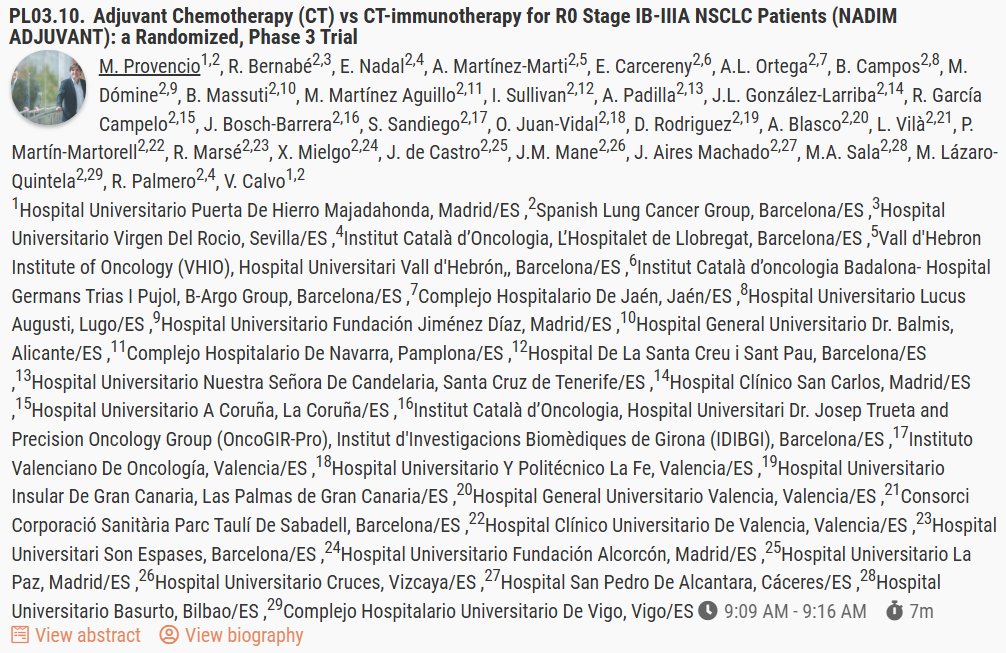
Full Article Available Here
Afreen Shariff, Associate Professor of Medicine at Duke University School of Medicine, shared Nicholas DeVito’s post on LinkedIn:
“Sucralose may impair cancer immunotherapy effectiveness.
A study found that this widely used non-nutritive sweetener alters gut microbiota, reduces microbiota-accessible arginine, and limits T-cell metabolism — leading to weaker responses to anti-PD-1 immune checkpoint inhibitors in preclinical models and advanced cancer patients.
Restoring arginine levels or transferring microbiota from responder models reversed these effects, highlighting a potential link between dietary components, the microbiome, and cancer therapy outcomes.”
Quoting Nicholas DeVito’s, Assistant Professor of Medicine at the Division of Medical Oncology at Duke University
“The non-nutritive sweetener sucralose alters gut microbiome composition, leading to reduced efficacy of immune checkpoint blockade.
A reminder we can’t separate diet, microbiome, and immunity.”
You Can Read All Article Here
Written by Toma Oganezova, MD, Editor-in-Chief of OncoDaily IO
-
Challenging the Status Quo in Colorectal Cancer 2024
December 6-8, 2024
-
ESMO 2024 Congress
September 13-17, 2024
-
ASCO Annual Meeting
May 30 - June 4, 2024
-
Yvonne Award 2024
May 31, 2024
-
OncoThon 2024, Online
Feb. 15, 2024
-
Global Summit on War & Cancer 2023, Online
Dec. 14-16, 2023

